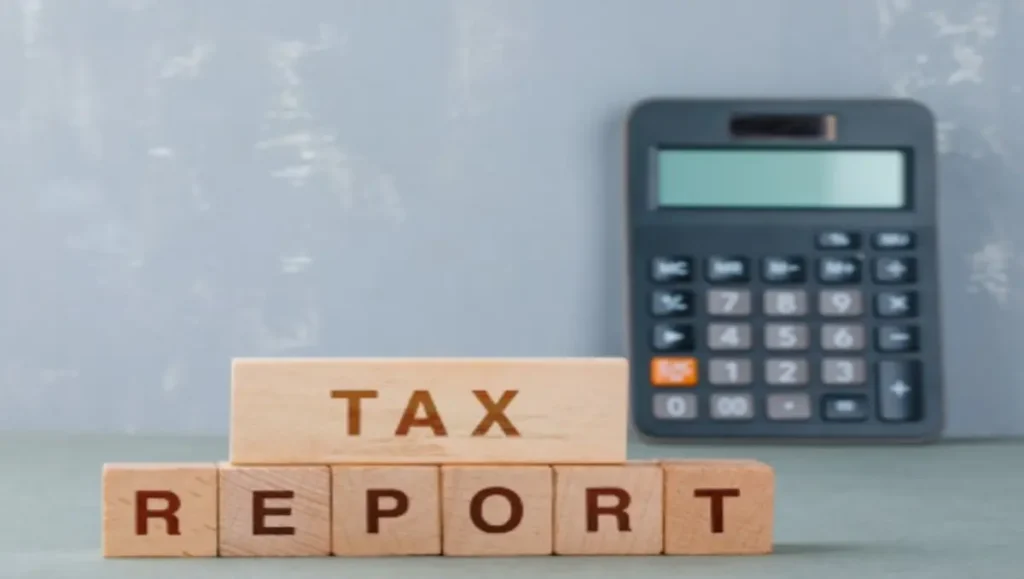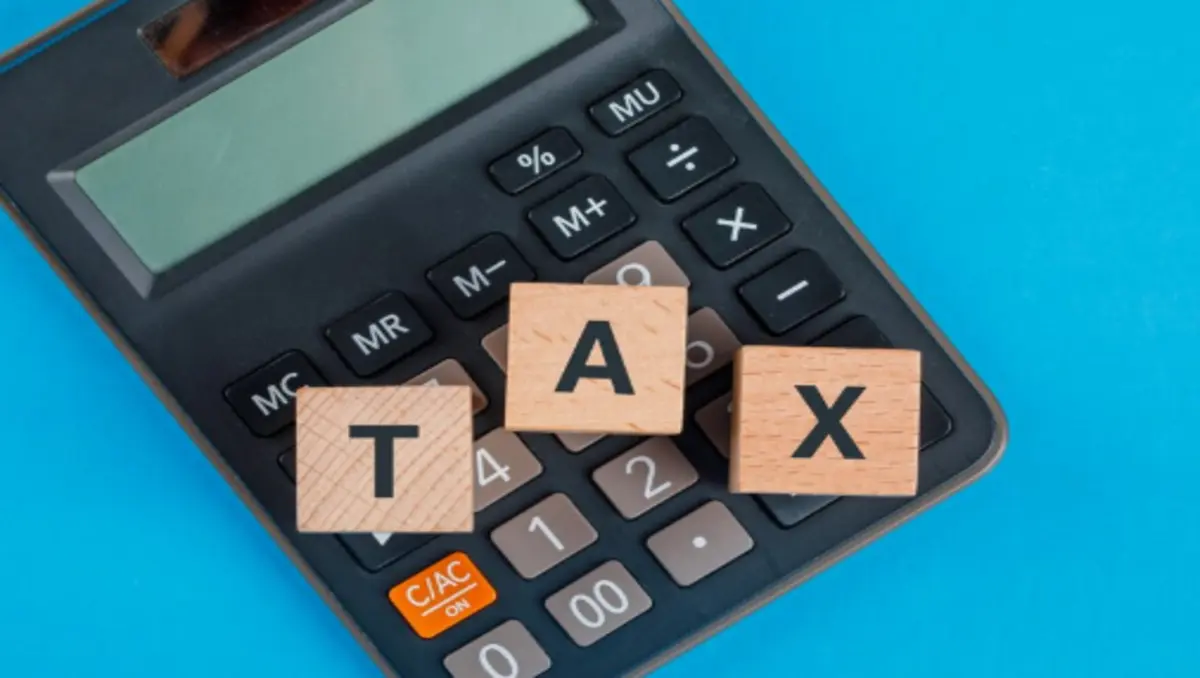Tax planning is one of the most important aspects of personal finance, yet it’s often overlooked or misunderstood. Many people think that tax season is the only time they need to think about taxes. However, proactive tax planning can lead to significant savings and financial success throughout the year.
If you want to minimize your tax liabilities and optimize your savings for 2025, it’s time to understand the basics of tax planning. This article will guide you through the process, offering simple and effective strategies that can benefit individuals and businesses alike.
What Is Tax Planning?
Tax planning refers to the process of organizing your financial affairs in such a way that you reduce your tax liabilities and maximize your after-tax income. This involves not only minimizing taxes but also taking advantage of legal tax deductions, credits, and allowances.
Whether you are an employee, self-employed, or a business owner, tax planning plays a crucial role in how much you pay to the government. Effective tax planning involves taking steps throughout the year to avoid tax surprises come April 15th.
Why Is Tax Planning Important?
Tax planning is essential because it can significantly impact your overall financial health. Some key benefits include:
- Lower Tax Liabilities: The primary goal of tax planning is to reduce the amount of tax you owe. By identifying deductions, credits, and tax-saving strategies, you can lower your taxable income.
- Avoiding Tax Penalties: Proper tax planning ensures that you comply with tax laws, avoiding penalties or interest for underpayment.
- Financial Growth: A well-executed tax plan can increase your savings, leaving you with more money to invest and grow your wealth.
Common Tax Planning Strategies for 2025
Let’s dive into some straightforward tax planning strategies that can help you save in 2025.
1. Contribute to Retirement Accounts
One of the most common ways to reduce taxable income is by contributing to retirement accounts such as IRAs (Individual Retirement Accounts) or 401(k)s. The government offers tax advantages to encourage saving for retirement, and these accounts are often the foundation of an effective tax strategy.
- 401(k): Contributions to a traditional 401(k) are tax-deferred, meaning you won’t pay taxes on them until you withdraw the funds in retirement. The limit for contributions in 2025 is $22,500 (or $30,000 if you’re 50 or older).
- IRA: If you don’t have access to a 401(k) plan, you can contribute to an IRA. Contributions may be tax-deductible depending on your income level and whether you’re covered by a workplace retirement plan.
Maximizing your contributions to these retirement accounts reduces your taxable income, leaving more money for future retirement needs.

2. Take Advantage of Tax Credits
While deductions lower your taxable income, tax credits directly reduce the amount of tax you owe. Tax credits are especially beneficial because they provide dollar-for-dollar savings on your tax bill.
Some credits you may qualify for include:
- Child Tax Credit: If you have children, you could be eligible for this credit, which could save you up to $2,000 per child.
- Earned Income Tax Credit (EITC): This is aimed at low to moderate-income workers and could result in a substantial refund.
- Education Credits: If you or your dependents are pursuing higher education, the American Opportunity Credit or Lifetime Learning Credit could help reduce your tax burden.
Make sure to consult a tax professional to ensure you are taking advantage of all the tax credits available to you.
3. Maximize Deductions
Deductions reduce your taxable income, so it’s essential to be aware of all the deductions you’re eligible for. Common deductions include:
- Mortgage Interest: If you own a home, the interest you pay on your mortgage is deductible, which can add up to significant savings.
- State and Local Taxes (SALT): You can deduct state and local income taxes, as well as property taxes, up to a certain limit.
- Charitable Contributions: Donations to qualified charities are deductible, so if you’re feeling generous, it’s a great way to reduce your tax bill.
- Medical Expenses: If you incur medical expenses that exceed 7.5% of your adjusted gross income, you can deduct those as well.
Review your expenses carefully and keep thorough records of any deductible expenditures.
4. Explore Health Savings Accounts (HSAs)
Health Savings Accounts (HSAs) are another excellent way to reduce your taxable income while saving for medical expenses. If you have a high-deductible health plan (HDHP), you can contribute to an HSA, which has multiple tax advantages:
- Contributions are tax-deductible.
- Funds grow tax-free.
- Withdrawals for qualified medical expenses are also tax-free.
In 2025, you can contribute up to $3,850 for individual coverage and $7,750 for family coverage. Those over 55 can make an additional catch-up contribution of $1,000.
5. Tax Loss Harvesting for Investment Accounts
If you have investments, you can also reduce your tax liabilities through tax-loss harvesting. This involves selling investments that have lost value to offset gains from other investments. By doing this, you can lower your capital gains tax liability.
However, this strategy requires careful planning. If you’re unsure about how tax-loss harvesting works, it’s best to consult a tax advisor or financial planner to avoid any mistakes.

Personal Tax Planning vs. Business Tax Planning
While many of the above strategies apply to both individuals and business owners, there are some additional tax planning strategies for businesses.
Tax Planning for Business Owners
As a business owner, you have unique opportunities for tax savings. Here are a few strategies you may want to consider:
- Deduct Business Expenses: Ordinary and necessary business expenses, such as office supplies, employee wages, and insurance premiums, are deductible.
- Consider Incorporating: Depending on your business, incorporating might offer tax advantages. S corporations, for example, can allow business owners to avoid self-employment taxes on certain income.
- Take Advantage of Depreciation: Businesses can write off the cost of capital assets, like equipment and machinery, through depreciation, which reduces taxable income.
Tax Planning for Self-Employed Individuals
If you are self-employed, you’ll need to stay on top of your taxes throughout the year. Consider these tips:
- Pay Estimated Taxes: Self-employed individuals typically need to make quarterly estimated tax payments. Failing to do so can lead to penalties and interest.
- Deduct Business Expenses: Just like business owners, self-employed individuals can deduct necessary business expenses, such as home office expenses and travel.
Common Mistakes to Avoid in Tax Planning
Tax planning can be complex, and mistakes can be costly. Here are a few common errors to avoid:
- Waiting Until the Last Minute: Don’t wait until the tax deadline to think about tax planning. The earlier you start, the more strategies you can implement.
- Overlooking Deductions and Credits: Many people overlook available tax deductions or credits. Make sure to explore all the options and keep detailed records.
- Not Keeping Up with Tax Law Changes: Tax laws are constantly evolving. Ensure that you stay informed about changes that could impact your tax situation.

Conclusion:
Tax planning is an essential part of your financial health, and by starting early and implementing the right strategies, you can minimize your tax liability and set yourself up for future financial success. Whether you are an individual taxpayer or a business owner, tax planning can help you achieve your goals, save money, and avoid unnecessary tax penalties.
By using the strategies outlined in this article, you can make 2025 your best year yet, with a well-organized and effective tax plan. Be sure to consult with a tax professional to tailor a strategy that fits your specific needs.
read more
https://financekhush.com/financial-modeling-a-simple-guide
https://financekhush.com/how-to-set-and-achieve-financial-goals-2025
There are best top 10 faq for “tax planning”
1. What is Tax Planning and Why is it Important?
Tax planning is the process of analyzing an individual’s or business’s financial situation and implementing strategies to minimize tax liability. It is crucial because it ensures you comply with tax laws while taking advantage of deductions, credits, and exemptions that can reduce your tax burden. Effective tax planning helps you save money and avoid penalties.
2. When Should I Start Tax Planning?
It’s never too early to begin tax planning. Ideally, you should start planning as soon as possible — ideally, at the beginning of the fiscal year. This allows you time to assess your financial situation, make adjustments, and take advantage of tax-saving opportunities before tax deadlines approach.
3. How Can I Reduce My Taxable Income?
You can reduce your taxable income through several strategies, such as contributing to retirement accounts (like 401(k) or IRA), utilizing tax deductions (e.g., mortgage interest, medical expenses, charitable donations), and investing in tax-advantaged accounts. You should also consider tax-efficient investments, such as municipal bonds.
4. What Are Tax Deductions and Tax Credits?
Tax deductions reduce your taxable income, lowering the amount of income that is taxed. Examples include mortgage interest and medical expenses. On the other hand, tax credits reduce the amount of tax you owe directly. Common credits include the Child Tax Credit and the Earned Income Tax Credit. Deductions lower your taxable income, while credits reduce your actual tax bill.
5. What Are the Different Types of Tax Planning?
There are several types of tax planning, including:
- Short-Term Tax Planning: Involves actions that reduce taxes for the current year, such as contributing to a retirement fund.
- Long-Term Tax Planning: Focuses on creating a tax-efficient strategy for the future, like establishing a tax-advantaged investment portfolio.
- Business Tax Planning: Pertains to strategies businesses use to reduce their tax liability, like selecting the best legal structure or claiming relevant business deductions.
6. Can Tax Planning Be Done Throughout the Year?
Yes, tax planning is an ongoing process. While it’s essential to focus on tax-saving strategies during the year, it’s also necessary to stay aware of any changes to tax laws or personal financial situations that could impact your tax strategy. Regular reviews ensure you’re not missing out on opportunities.
7. How Do I Plan for Capital Gains Tax?
Capital gains tax applies to profits from the sale of assets such as stocks or real estate. To minimize capital gains tax, you can:
- Hold assets for over a year to benefit from long-term capital gains tax rates, which are lower than short-term rates.
- Offset gains by selling other investments at a loss (known as tax-loss harvesting).
- Invest in tax-deferred accounts like IRAs or 401(k)s.
8. Can Tax Planning Help Me Save for Retirement?
Yes, tax planning plays a crucial role in retirement savings. Contributing to tax-advantaged retirement accounts like 401(k)s or IRAs can significantly reduce your taxable income. Additionally, understanding the tax treatment of withdrawals from these accounts in retirement helps you plan for a tax-efficient withdrawal strategy.
9. What Are Tax-Advantaged Accounts, and How Can They Help?
Tax-advantaged accounts include retirement accounts (like 401(k)s and IRAs), Health Savings Accounts (HSAs), and 529 college savings plans. These accounts provide tax benefits such as tax deferrals or tax-free withdrawals. Contributing to these accounts can help reduce your taxable income and grow your savings while minimizing taxes.
10. How Can a Tax Professional Help With Tax Planning?
A tax professional, such as a certified public accountant (CPA) or tax advisor, can provide personalized advice based on your financial situation. They can help identify tax-saving strategies, ensure compliance with tax laws, and provide insight into complex issues like business deductions or international tax rules. Hiring a professional can maximize your savings and reduce the risk of mistakes.

1 thought on “Tax Planning: Your Guide to Effective Strategies for 2025”